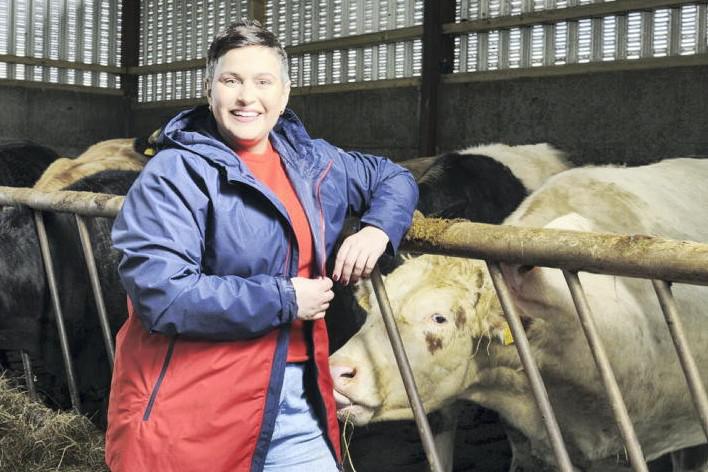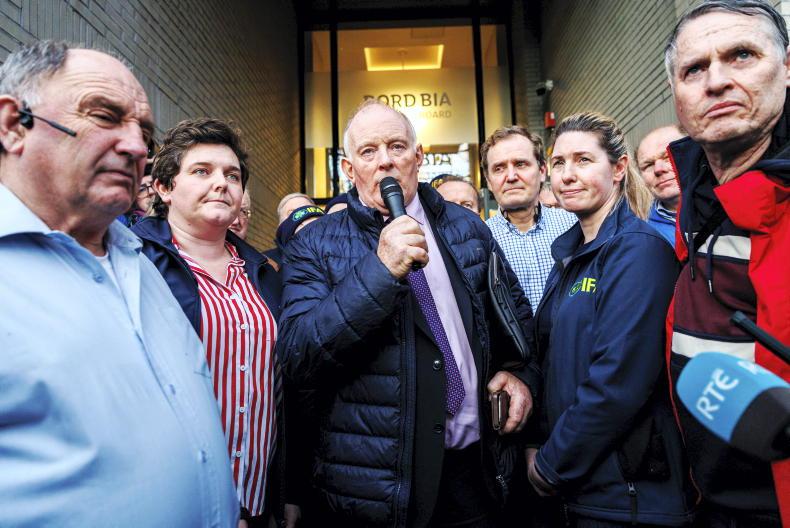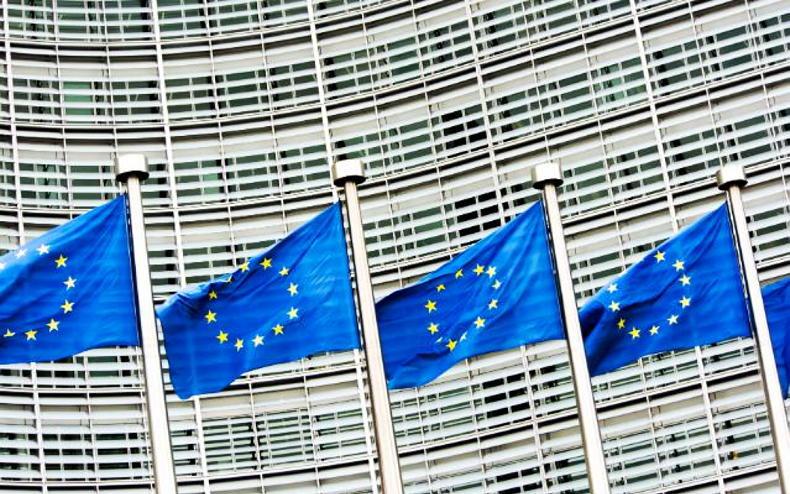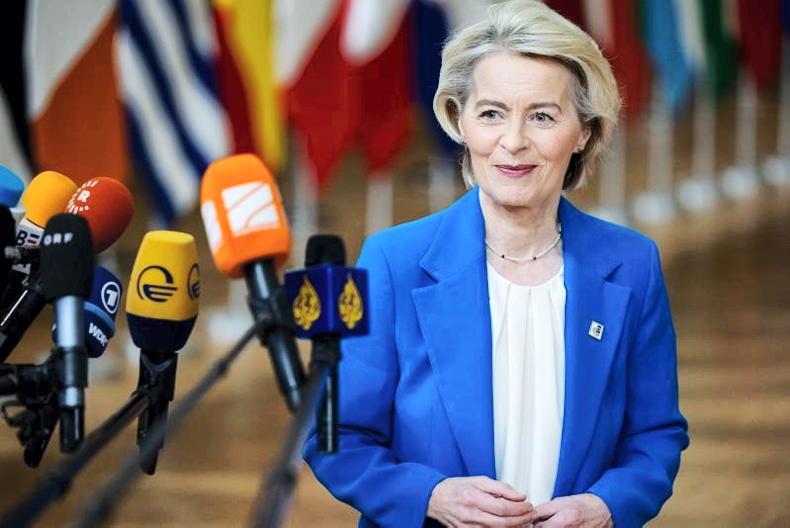CAP negotiators have set their sights on a CAP deal in June, after four days of intense talks failed to break a deadlock over environmental spending and payment redistribution.
While the fallout from the collapse in talks is still unravelling, all sides remain hopeful that a deal can be struck next month.
The next CAP is not due to begin until 2023, but farmers and policymakers require certainty sooner rather than later.
Blame game
The European Parliament’s negotiating team was the first to offer its reaction, pointing its finger at the Council of Ministers for a lack of ambition.
German MEP Norbert Lins told a press conference: “We're prepared to hold new negotiations. We have to welcome the negotiations that have taken place so far and we have to hope that we're going to talk to each other, more rather than at each other.”
Lins said all sides needed a break before deciding how to proceed.
Small print
Fellow German MEP Peter Jahr said on the surface the Council’s compromises seemed fair, but some of the “small print” was unacceptable to the Parliament.
“I mean look at eco schemes - 20% for the Council, 30% for the Parliament. Usually you’d say well compromise is easy you go for the middle, 25%. Then you can shake hands and say we got a deal,” Jahr said.
“But then, the Council changed things. They essentially said that for the first two years, member states can do what they want.”
Direct payments
On the redistribution of direct payments, Jahr said both sides agreed on a minimum figure of 10%. These payments would have been given back to farmers in the form of payment top-ups.
“You can again shake hands, say we got a deal, sounds good.
"But then, once again, when we looked at the small print, the Council had basically inserted text that made it voluntary for member states. We wanted it to be mandatory.”
Jahr said he regretted that talks had collapsed, but added he was optimistic a deal could be achieved provided “elephants in the room” could be addressed.









SHARING OPTIONS